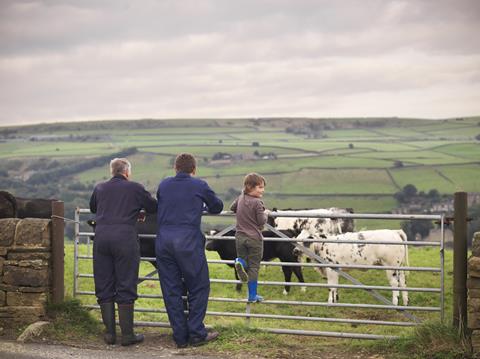
This week’s autumn budget is expected to have the tagline ‘fixing the foundations to deliver change’. One area of the economy that is ripe for this approach is the UK food sector.
Food is a vital part of our national infrastructure, contributing to 7% of the economy and accounting for one in eight jobs. However, it is facing increasing risks such as a changing climate, which is affecting where and how food is grown.
At the same time, the sector is facing increasing demand with a growing population. That means UK food production will need to grow by 12% over the next 25 years just to maintain – let alone improve – our current levels of self-sufficiency.
So, when it comes to fixing the foundations to deliver change, the Chancellor might consider focusing on the needs of the food industry, and the wider food system. Food is the one sector that can simultaneously deliver on economic growth, sustainability and public health. No other has the power to deliver such benefits, whilst also offering employment in every region of the UK.
The starting point should be where everything in the food industry begins: farming. Our food system would be nothing without our farmers. Agricultural production accounts for 70% of land management across the country. So, choosing to support agriculture means supporting the use of our land for better domestic production and environmental sustainability.
The UK is self-sufficient in 60% of all foods and 75% in indigenous foods. Policies that encourage and incentivise the food industry to thrive will always make good sense. In so many categories, from chicken and pork to fresh fruit and vegetables, there are opportunities to improve domestic production and become less reliant on imports.
We currently import around 40% of our food. Reducing over-reliance on such imports would not only support economic growth, but can also play a significant role in reducing the UK’s carbon emissions.
The more we import, the more emissions are produced, and the worse the impact is on UK agriculture. Already, the UK is experiencing tangible and significant effects of climate volatility, from record-breaking temperatures to unprecedented rainfall and floods, which affect our agricultural productivity and food supply.
Farmers across the UK need support in reducing environmental impacts. This includes significant investment in areas like ‘green’ fertilisers, renewable energy and in meeting net zero targets. Such efforts would not only reduce emissions but also strengthen the UK’s global competitiveness in a market where demand for sustainable products is growing.
Read more:
-
New Labour government losing goodwill gloss already
-
Brexit red tape and climate change pushing UK self-sufficiency to ‘critical low’ levels
-
Budget could ‘burden’ convenience stores with £634m in extra bills, says ACS
The future success of the UK food sector is strongly connected to the broader health of the economy and vice versa. A resilient food system, capable of producing sustainable and nutritious food whilst optimising the UK’s natural resources, will be a major driver of economic growth. It will improve public health, reduce carbon emissions, and secure the UK’s place as a leader in global food production.
And so, with both growth and sustainability firmly on the agenda, the Chancellor has an opportunity to take strides towards modernising the food industry’s infrastructure, this week and beyond. Without timely support, the UK’s food sector risks falling behind in both food security and competitiveness.
The evidence is clear: delaying investments in sustainable agriculture and climate adaptation will only increase future costs. By contrast, taking positive action now offers a pathway to not only reduce long-term risks but open up new growth opportunities, especially in exports and trade.
By working together, industry, including agriculture, government and the third sector, can close the gaps that exist in policy and mobilise action – from supporting hydrogen to consistent rules for carbon accounting, from continuing to tackle food waste through to ensuring food manufacturing and logistics depots are prioritised for electric grid connections.
Across all these priority areas of action, there are no easy solutions. But the food industry, from farm to fork, is ready to collaborate on these critical issues. Now is the right moment for government to partner with our dynamic industry to create a thriving and sustainable food system for all.







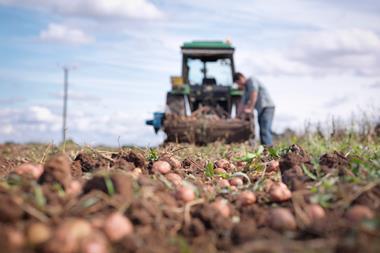
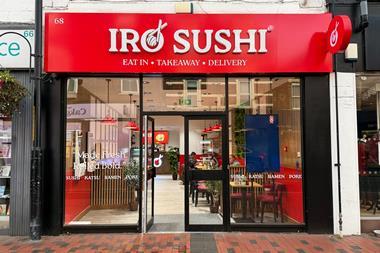



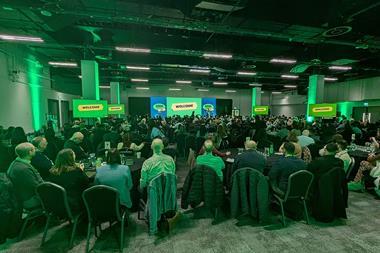


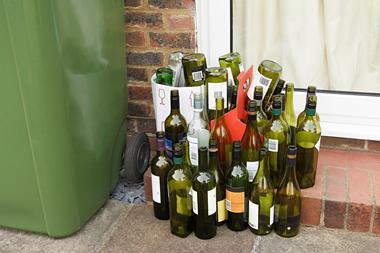



No comments yet